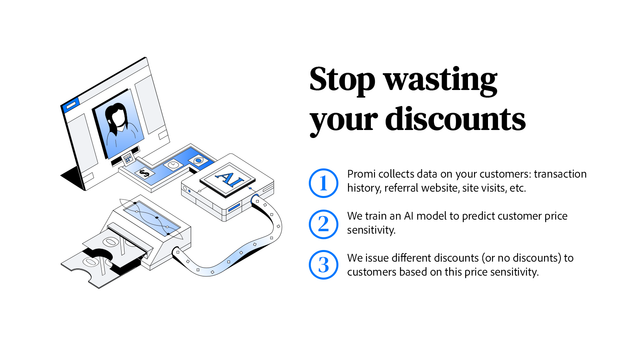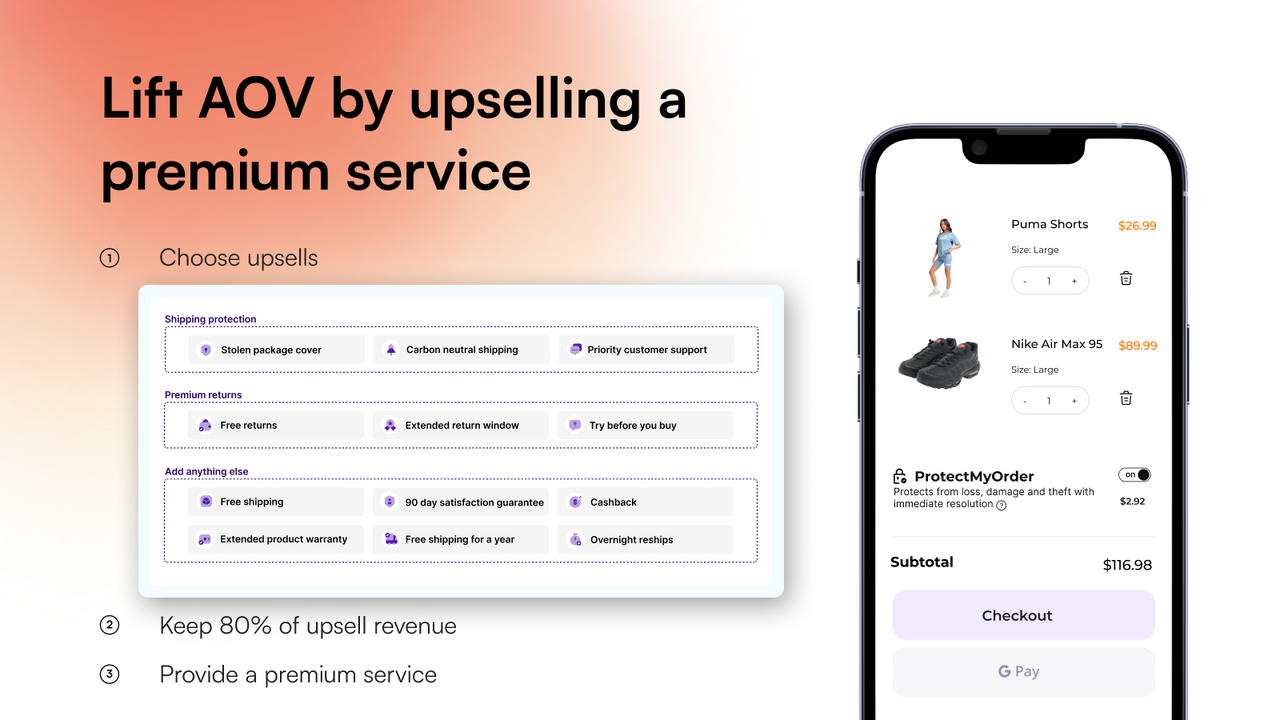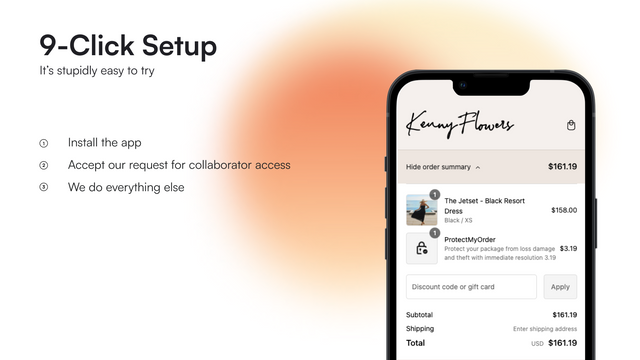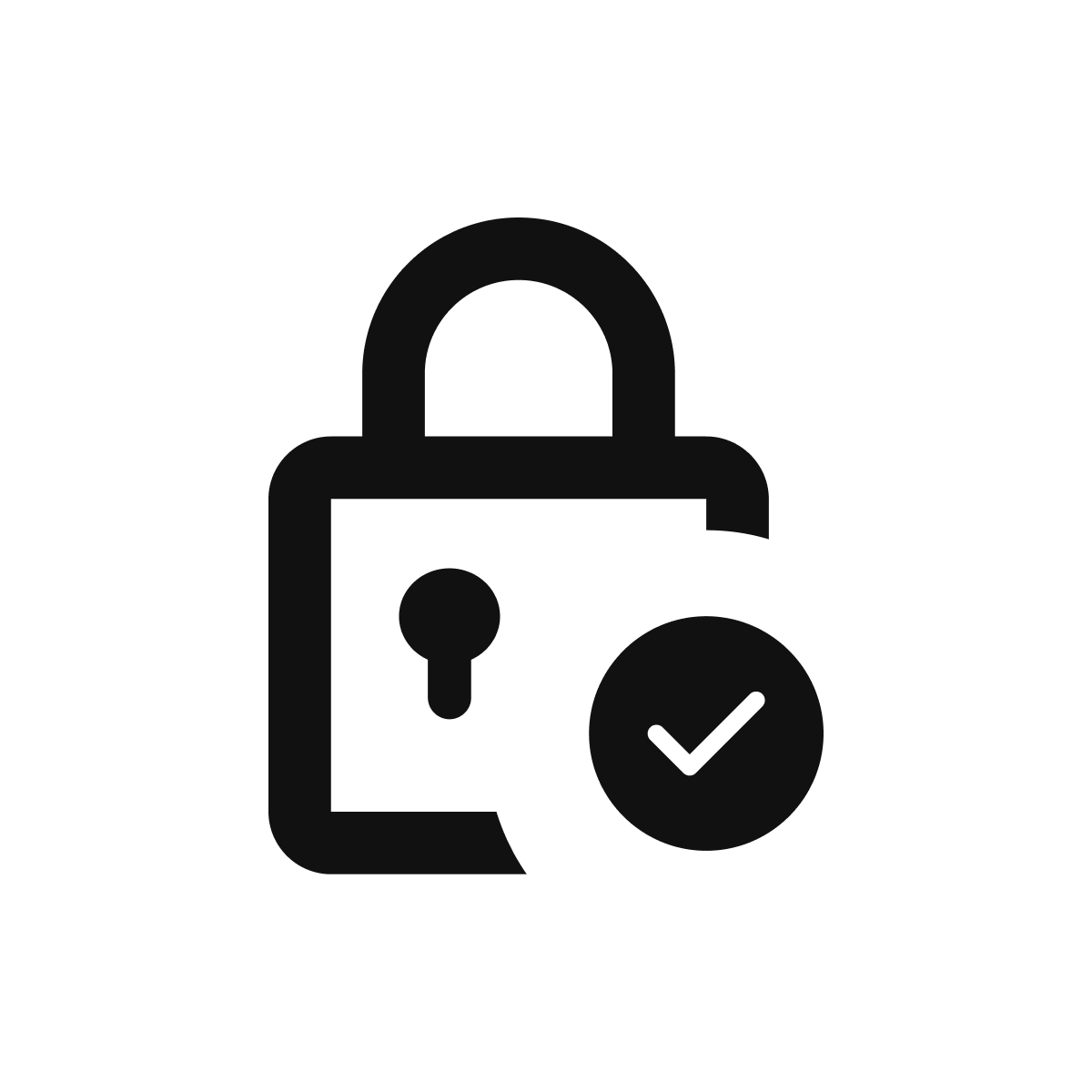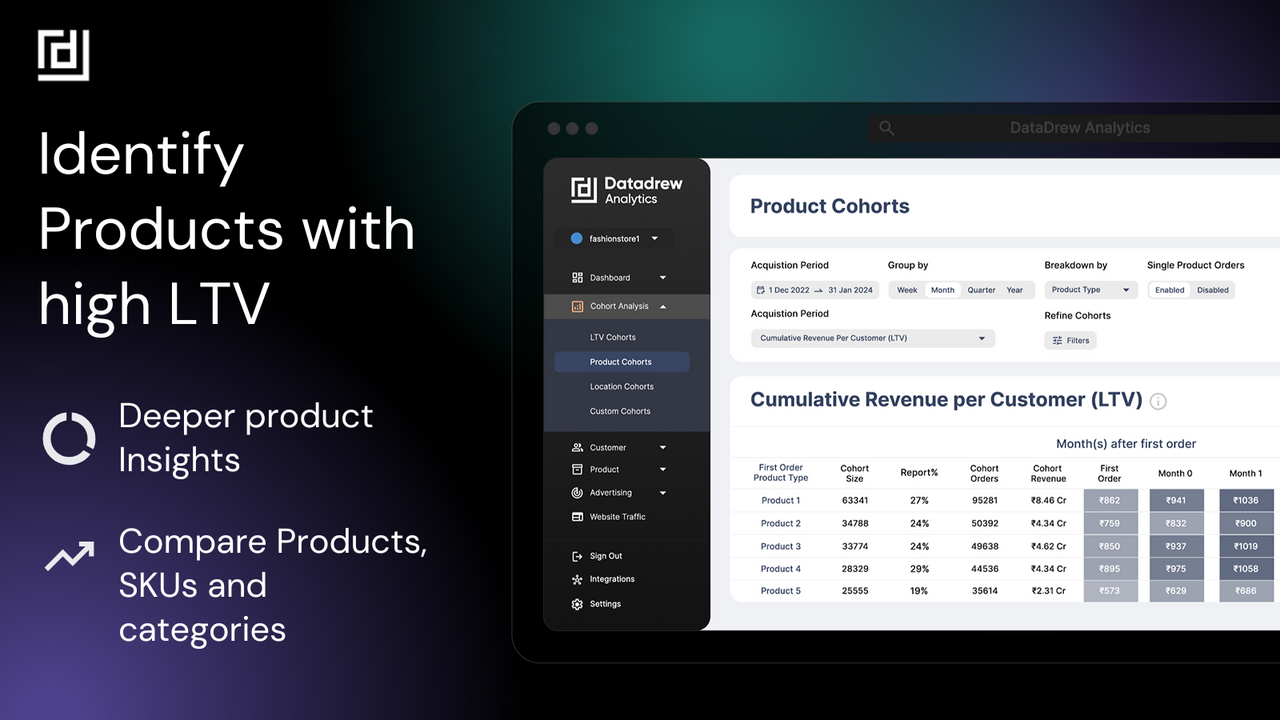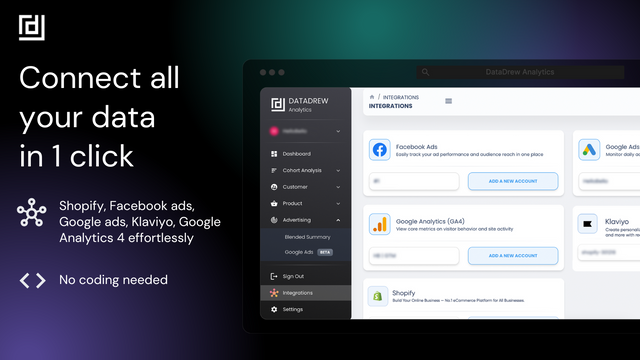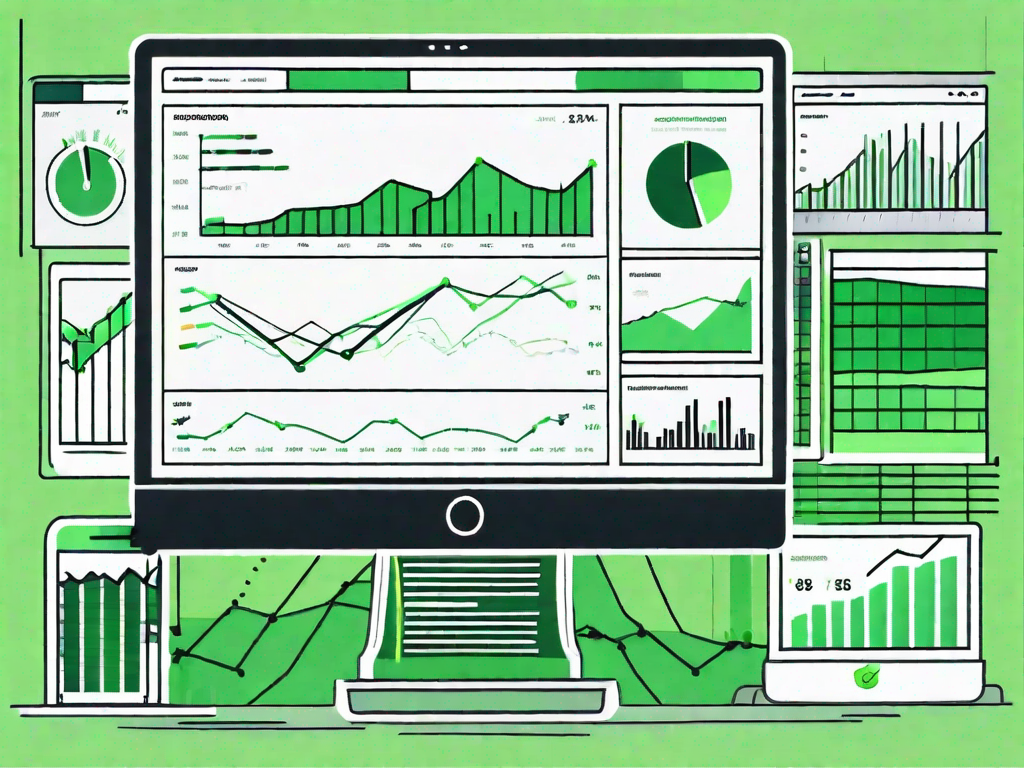Shopify is a leading e-commerce platform that allows businesses to create online stores and sell products. It offers a range of features and tools that make it easy for businesses to manage their online presence, including search engine optimization (SEO) tools. This glossary article will delve into the depths of Shopify SEO, explaining what it is, why it's important, and how it can be used to improve your online store's visibility and sales.
SEO is a critical aspect of any online business. It involves optimizing your website so that it ranks higher in search engine results, making it more likely that people will find your site when they're searching for products or services like yours. Shopify offers a range of SEO tools and features, and understanding how to use them effectively can make a significant difference to your online success.
Understanding Shopify SEO
Shopify SEO refers to the practices and techniques used to optimize a Shopify store for search engines. This involves a variety of tasks, from ensuring your website is easily crawlable by search engine bots, to optimizing your content with relevant keywords, to building high-quality backlinks to your site.
While Shopify provides a range of tools to help with these tasks, it's important to understand that SEO is an ongoing process. It's not something you can do once and then forget about. Instead, it requires regular attention and maintenance to ensure your site remains optimized and up-to-date with the latest SEO best practices.
Why Shopify SEO is Important
Shopify SEO is important for a number of reasons. Firstly, it helps to increase your store's visibility in search engine results. This means that when people search for products or services like yours, they're more likely to find your store. This can lead to increased traffic, more sales, and ultimately, more revenue for your business.
Secondly, Shopify SEO can help to improve the user experience on your site. By ensuring your site is well-structured, easy to navigate, and filled with high-quality, relevant content, you can make it easier for visitors to find what they're looking for and have a positive experience on your site. This can lead to higher customer satisfaction, repeat visits, and more sales.
How Shopify SEO Works
Shopify SEO works by optimizing various elements of your Shopify store for search engines. This includes both on-page and off-page factors. On-page factors refer to the elements of your website that you have direct control over, such as your content, meta tags, and site structure. Off-page factors refer to the elements that are influenced by others, such as backlinks to your site.
By optimizing these elements, you can help to improve your site's visibility in search engine results and attract more organic traffic to your store. However, it's important to remember that SEO is a long-term strategy. It can take time to see results, and it requires ongoing effort to maintain and improve your rankings.
Key Components of Shopify SEO
There are several key components of Shopify SEO that you need to understand in order to effectively optimize your store. These include keyword research, on-page optimization, technical SEO, content marketing, and link building.
Each of these components plays a crucial role in your overall SEO strategy, and understanding how they work together can help you to create a more effective and successful SEO plan for your Shopify store.
Keyword Research
Keyword research is the process of finding and analyzing the words and phrases that people use when they're searching for products or services like yours. By understanding these keywords, you can optimize your content to include them, making it more likely that your site will rank highly in search engine results for those terms.
Shopify provides a range of tools to help with keyword research, including a keyword planner and a keyword research tool. These tools can help you to identify high-volume, low-competition keywords that you can target in your content.
On-Page Optimization
On-page optimization involves optimizing the elements of your website that you have direct control over. This includes your content, meta tags, and site structure. By optimizing these elements, you can help to improve your site's visibility in search engine results and attract more organic traffic to your store.
Shopify provides a range of tools to help with on-page optimization, including a content management system (CMS) that makes it easy to create and manage high-quality, SEO-friendly content. It also offers a range of SEO plugins and apps that can help you to optimize your meta tags, improve your site structure, and more.
Technical SEO
Technical SEO involves optimizing the backend of your website to ensure it's easily crawlable by search engine bots. This includes tasks like improving your site speed, ensuring your site is mobile-friendly, and creating an XML sitemap.
Shopify provides a range of tools to help with technical SEO, including a built-in XML sitemap generator, a mobile-friendly design, and a range of speed optimization features. It also offers a range of SEO plugins and apps that can help you to further optimize your site's technical SEO.
Content Marketing
Content marketing involves creating and sharing high-quality, relevant content to attract and engage your target audience. This can include blog posts, videos, infographics, and more. By creating valuable content that your audience is interested in, you can attract more traffic to your site, build trust with your audience, and improve your SEO.
Shopify provides a range of tools to help with content marketing, including a built-in blog platform, a video hosting platform, and a range of content creation and sharing tools. It also offers a range of SEO plugins and apps that can help you to optimize your content for search engines.
Link Building
Link building involves getting other websites to link to your site. These backlinks can help to improve your site's authority and visibility in search engine results. However, it's important to focus on building high-quality backlinks from reputable sites, as low-quality or spammy links can actually harm your SEO.
Shopify doesn't provide any specific tools for link building, but there are a range of third-party tools and services available that can help. It's also worth noting that creating high-quality, shareable content can naturally attract backlinks, making content marketing a key part of your link building strategy.
Shopify SEO Best Practices
There are several best practices that you should follow when optimizing your Shopify store for SEO. These include focusing on long-tail keywords, creating high-quality, unique content, optimizing your meta tags, improving your site speed, and building high-quality backlinks.
By following these best practices, you can help to improve your site's visibility in search engine results, attract more organic traffic to your store, and increase your sales and revenue.
Focusing on Long-Tail Keywords
Long-tail keywords are longer, more specific keyword phrases that visitors are more likely to use when they're closer to making a purchase. By focusing on these keywords in your content, you can attract more targeted traffic to your site and increase your conversion rates.
Shopify provides a range of tools to help with keyword research, including a keyword planner and a keyword research tool. These tools can help you to identify high-volume, low-competition long-tail keywords that you can target in your content.
Creating High-Quality, Unique Content
Creating high-quality, unique content is crucial for SEO. Not only does it help to attract and engage your audience, but it also helps to improve your site's visibility in search engine results. By creating valuable content that your audience is interested in, you can attract more traffic to your site, build trust with your audience, and improve your SEO.
Shopify provides a range of tools to help with content creation, including a built-in blog platform, a video hosting platform, and a range of content creation and sharing tools. It also offers a range of SEO plugins and apps that can help you to optimize your content for search engines.
Optimizing Your Meta Tags
Meta tags are snippets of text that describe a page's content. They're not visible on the page itself, but they're used by search engines to understand what the page is about. By optimizing your meta tags, you can help to improve your site's visibility in search engine results.
Shopify provides a range of tools to help with meta tag optimization, including a built-in meta tag editor and a range of SEO plugins and apps. These tools can help you to create compelling, keyword-rich meta tags that accurately describe your content and attract more clicks in search engine results.
Improving Your Site Speed
Site speed is a crucial factor in SEO. If your site is slow to load, visitors are likely to leave and go elsewhere, which can harm your SEO. By improving your site speed, you can enhance the user experience on your site, reduce bounce rates, and improve your SEO.
Shopify provides a range of tools to help with site speed optimization, including a built-in speed optimization feature and a range of SEO plugins and apps. These tools can help you to improve your site's load times, reduce page size, and optimize your images and other resources for speed.
Building High-Quality Backlinks
Building high-quality backlinks is a crucial part of SEO. These backlinks can help to improve your site's authority and visibility in search engine results. However, it's important to focus on building high-quality backlinks from reputable sites, as low-quality or spammy links can actually harm your SEO.
While Shopify doesn't provide any specific tools for link building, there are a range of third-party tools and services available that can help. It's also worth noting that creating high-quality, shareable content can naturally attract backlinks, making content marketing a key part of your link building strategy.
Conclusion
Shopify SEO is a crucial aspect of running a successful online store. By understanding how it works and implementing the best practices outlined in this glossary article, you can improve your site's visibility in search engine results, attract more organic traffic to your store, and increase your sales and revenue.
Remember, SEO is a long-term strategy. It requires ongoing effort and maintenance to see results. But with the right approach and the right tools, you can make a significant difference to your online success. So start optimizing your Shopify store for SEO today, and watch your online business grow.
Now that you're equipped with the knowledge of Shopify SEO, take the next step in optimizing your store with OwlMix. Let Owlfred, your wise owl companion, guide you through our extensive directory of Shopify apps. Whether you're looking to enhance your marketing, streamline inventory management, or boost your sales, we have the tools you need. Find your next Shopify app with OwlMix and elevate your online business to new heights. Your journey to a more successful Shopify store is just a click away!




